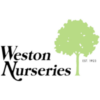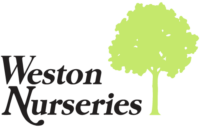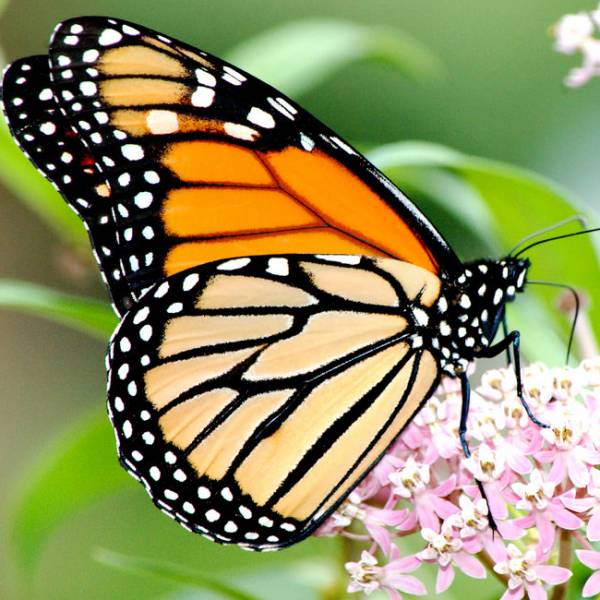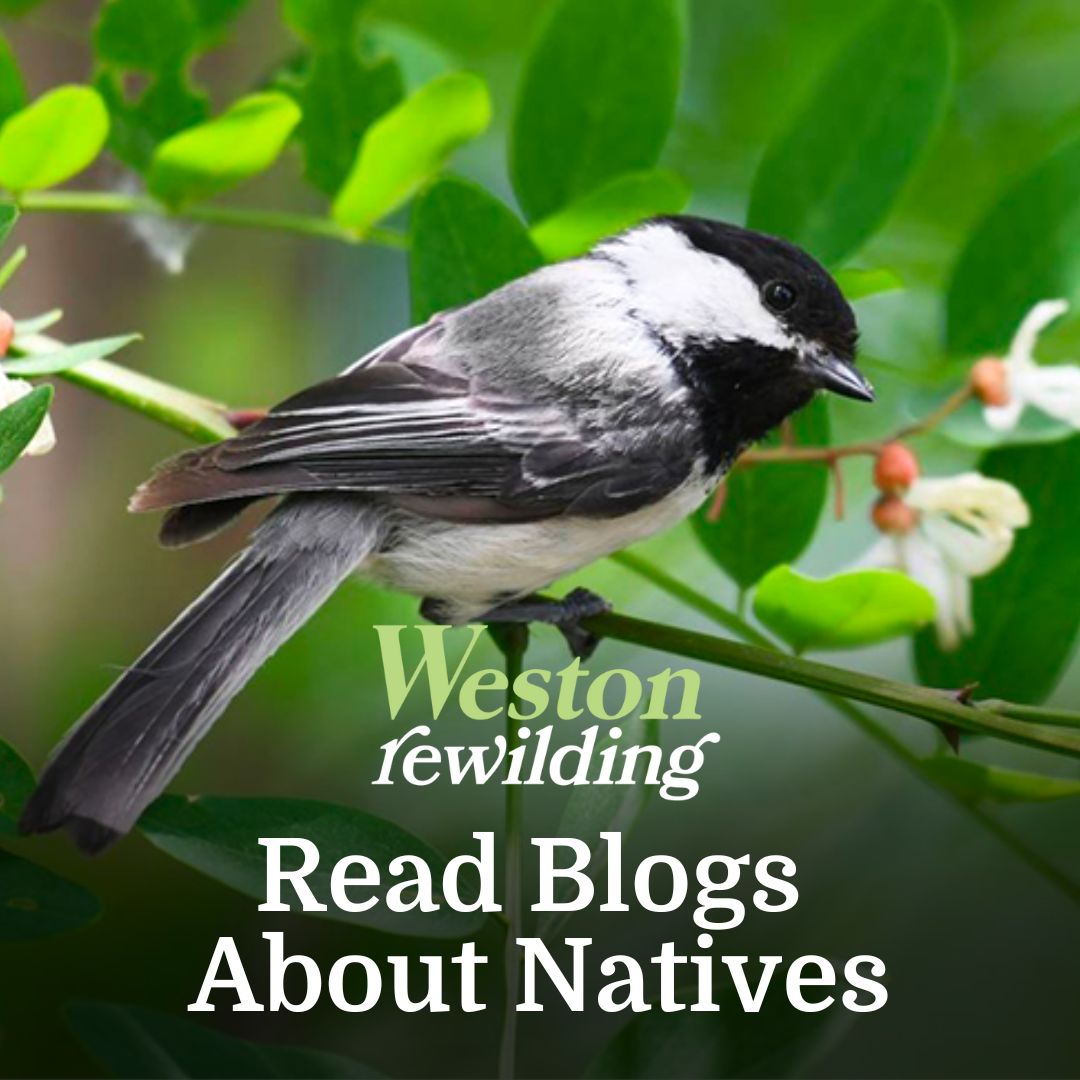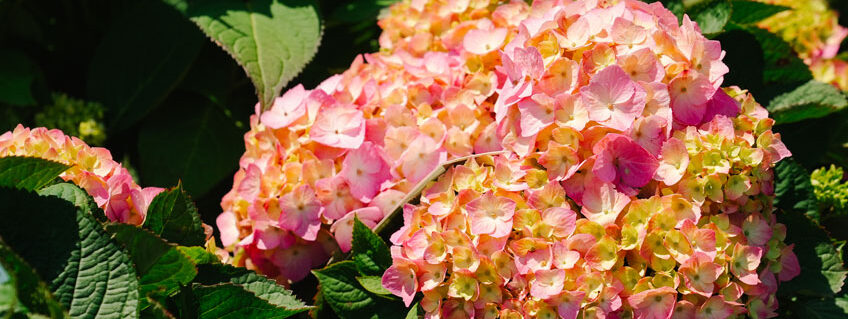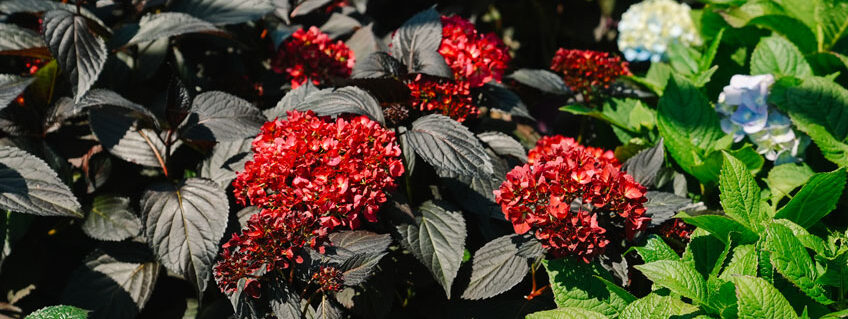I find it very gratifying that the issue of pollinators has so effectively caught the attention of the public. Decade after decade, dedicated members of our nursery industry have searched, formulated, and tried countless approaches to raise the awareness and importance of horticulture in the minds of the public. Over the 50+ years I’ve been involved with this industry, the pollinator issue is one of the few topics to prove so universally relevant. And it’s encouraging that each of us can participate!
Given how fundamentally critical the world’s food and fiber sources are to human existence, it should be obvious that people are concerned about pollinators. Plants are the primary source for all the food we eat and all the air we breathe. According to Wikipedia, “at least 80% of our world’s crop species require pollination to set seed. An estimated one out of every three bites of food comes to us through the work of animal pollinators.” And “declines in the health and population of pollinators pose what could be a significant threat to the integrity of biodiversity, to global food webs, and to human health.”
Pollinator “animals” include so many species like bees, butterflies, birds, bats, moths, flies, and beetles, many of which can be encouraged to thrive by the ways we design our gardens. And it’s not simply about the flowers. Larvae of moths and butterflies rely upon the leaves, bark, and fruit of specific woody and herbaceous plants as food sources; these larvae are in turn, primary food sources for birds who help spread seeds. Pollination and seed dispersal are integral to the natural systems that sustain the balance of our environment and ensure genetic diversity.
Homeowners typically tend to plan their home plantings for peak springtime bloom, considered the most opulent time for garden color. Summer, autumn, and even the “shoulder seasons” of earliest spring and pre-winter can offer exciting flowering opportunities that attract pollinators and add weeks to the enjoyment of our yard. Even more important than bloom is how pollinators utilize the foliar, fruit, and growth characteristics of certain plants for food and habitat during their life cycle.
Fortunately, it’s easy for each of us individually to make a difference, protecting pollinators and enhancing their wellbeing in our daily activities. We encourage beneficial insects to better thrive by limiting our use of chemical pesticides and herbicides, instead applying organic principles and techniques for our gardens and yards.
Mulch around our plants and use manual or mechanical maintenance methods–mowing, cutting, pulling, girdling, or tilling–to control weeds and intrusive vegetation. Some pollinators rely upon specific plants as their food source and overwintering sites, so that’s a big consideration for garden maintenance activities.
Using native plants is important when conditions are appropriate because they are favored by native insects and animals. And many pollinators come from other parts of the world, so using so-called “exotic” (nonnative) plants they prefer can be beneficial as well.
Numerous resources are available for more information at local garden centers, botanic/horticultural organizations and online. For the northeastern USA, a particularly relevant publication is Selecting Plants for Pollinators, accurately detailing the importance of pollinators and how critical their health is to maintaining our way of life.
Here are some of the native pollinator plants we stock. For more options, check our plant availability list.
Asclepias
Echinacea
Monarda
Phlox
Salvia
